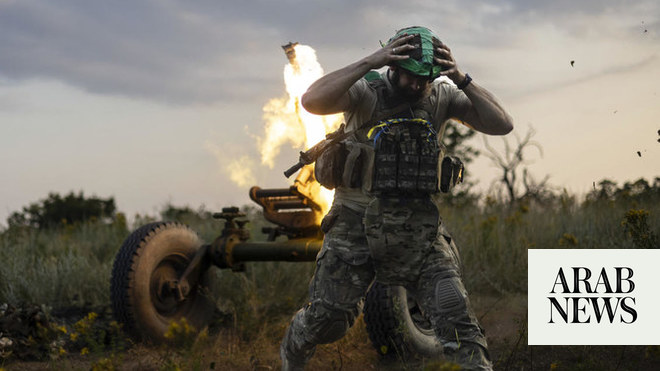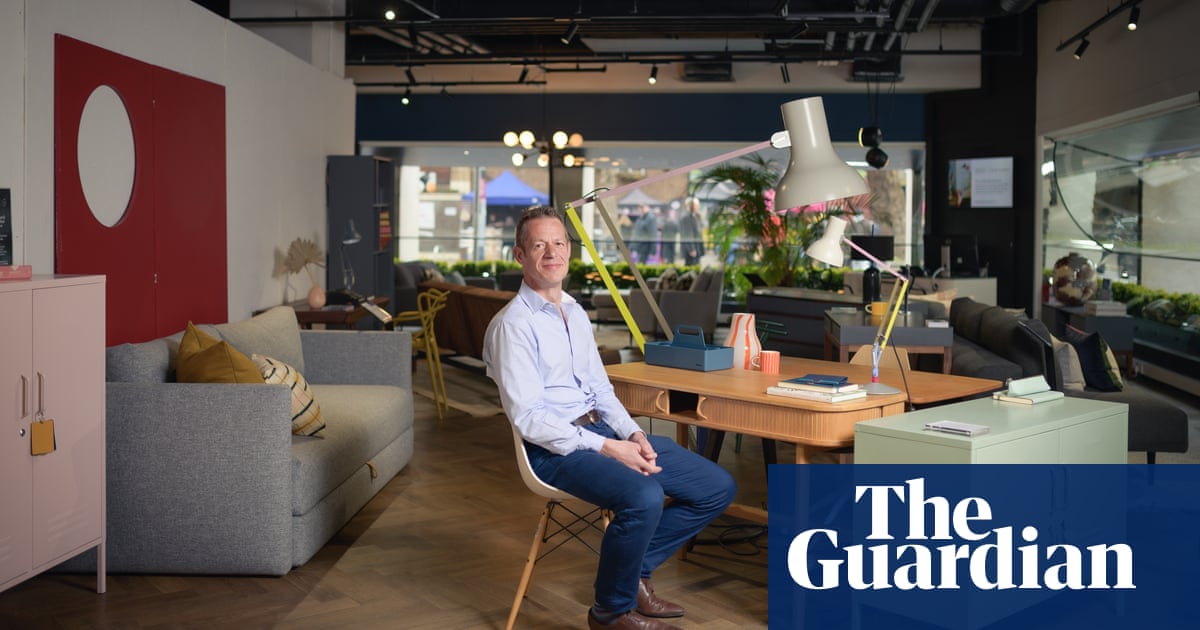
Ukraine and Ukrainians matter to the UAE, contrary to the unsubstantiated arguments made by some analysts and journalists, which are derived from Western rhetoric about the only way or ways to address the Russia-Ukraine conflict.
The “my way or the highway” approach is definitely not the only avenue to showing solidarity with the Eastern European country. In a multipolar, polarized world, a balanced foreign policy is difficult to adopt, but striving to walk this path means fewer adversaries and more common ground to achieve shared goals.
Since the eruption of the ongoing crisis between Ukraine and Russia, several Western media outlets have criticized the UAE’s stance, claiming that the Middle Eastern country is not being clear about who it is siding with. On Feb. 25, the Gulf state — a non-permanent member of the UN Security Council — abstained from a vote on a draft resolution calling on Russia to end its invasion. However, on March 2, the UAE voted in favor of a UN General Assembly resolution on Ukraine and, three days later, it approved a UN Human Rights Council resolution to launch an inquiry into alleged human rights abuses in the war.
The UAE’s mission to the UN said in a statement last month that it “regrets” the collapse of a plan to create humanitarian corridors to facilitate the safe evacuation of Ukrainian civilians, while calling on all parties to ensure civilian infrastructure, such as hospitals and schools, are not targeted.
For a long time, Abu Dhabi has embraced a pragmatic, balanced foreign policy approach toward such issues, prioritizing stability, peace and good relations with the world’s nations. Six aid planes carrying tons of medical and relief supplies have been sent to Ukraine by the UAE since the outbreak of the conflict. In March, the UAE announced that it had extended $5 million in humanitarian assistance to benefit civilians in Ukraine and, most recently, it decided to continue granting visa-free entry to Ukrainians, allowing them to stay for up to a year without any overstay fines.
The “zero problem” policy of the UAE has allowed it to have an outstanding relationship with the West, particularly the US, as well as other global players such as China and Russia. It also has strategic, natural ties with Saudi Arabia and steady economic relations with Iran, a country that is occupying three Emirati islands — Abu Musa and the Greater and Lesser Tunbs.
The UAE may have normalized ties with Israel, but Palestine will always remain a cornerstone of the country’s foreign policy, which was reaffirmed this month when it “strongly condemned” the storming of Al-Aqsa Mosque by Israeli forces. Israeli Ambassador Amir Hayek was also summoned by Minister of State for International Cooperation Reem Al-Hashimi to inform him of the UAE’s “strong protest and denunciation of the incidents taking place in Jerusalem and Al-Aqsa Mosque.”
The UAE is home to 15,000 Ukrainians, while 250,000 Ukrainian tourists visited the country in 2019. In 2021, Ukrainian President Volodymyr Zelensky told the Emirates News Agency that deepening relations with the UAE was a “priority of our foreign policy.” And during the current crisis, Zelensky thanked Abu Dhabi for welcoming Ukrainian citizens into the country and providing urgent humanitarian assistance.
In fact, the UAE’s stance toward Ukraine since the Russian invasion began has been an extension of a long-standing relationship. The COVID-19 pandemic saw another moment of solidarity with Kyiv, as Abu Dhabi in April 2020 dispatched an aid plane carrying 11 tons of medical supplies, benefiting 10,000 healthcare professionals. More than 100 Ukrainians were also repatriated on that plane. A year later, Zelensky visited the UAE, where he signed 28 agreements, mainly covering sectors such as food security, artificial intelligence and tourism. The latest figures, from 2019, showed that UAE-Ukraine bilateral trade stood at $1.07 billion.
For a long time, Abu Dhabi has embraced a pragmatic, balanced foreign policy approach toward such issues.
Ibrahim Shukralla
“Taking sides would only lead to more violence,” Anwar Gargash, diplomatic adviser to the UAE president and former foreign minister, said on Twitter in February. “In the Ukrainian crisis, our priority is to encourage all parties to resort to diplomatic action and to negotiate to find a political solution… The UAE has a firm position regarding the United Nations, international law and the sovereignty of states, rejecting military solutions.”
A foreign policy that may seem vague to some Western journalists is, to a certain extent, comprehensible. Since the UAE announced in 2019 a “strategic redeployment” in Yemen, it has signed the AlUla Declaration, which ended the boycott of Qatar, held bilateral visits and signed agreements with Turkey, and its relations with Iran have been based on a “de-escalation” doctrine. Now, to see a balanced and almost neutral disposition toward the Ukraine-Russia conflict is a projection of a revived UAE foreign policy.
Ibrahim Shukralla is a Dubai-based Emirati journalist. He has interviewed many heads of state and high-profile political and sporting figures. He holds an MA in media, culture and communications from New York University in the US. Twitter: @shukralla
Disclaimer: Views expressed by writers in this section are their own and do not necessarily reflect Arab News" point of view











